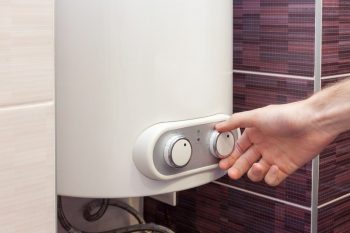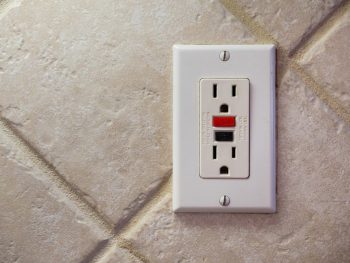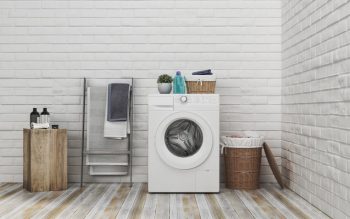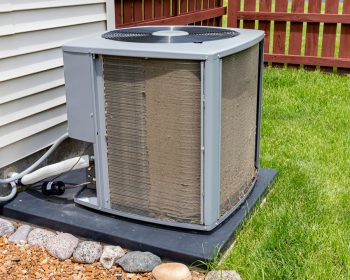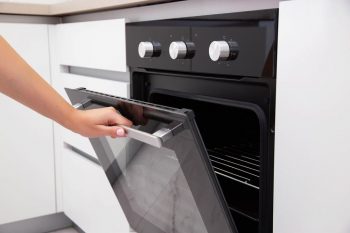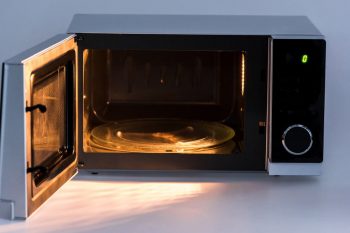
Cleaning refrigerator coils may seem like a mundane task, but it plays a crucial role in maintaining the efficiency and lifespan of your refrigerator. This in-depth guide will explain why coil cleaning is so important, the signs that your coils need cleaning, how to clean them, and the tools you need for the job.
Cleaning refrigerator coils is essential as it improves energy efficiency, prolongs the lifespan of your refrigerator, ensures optimal cooling performance, reduces the risk of breakdowns, and maintains better air quality. Dirty coils make your fridge work harder, leading to higher energy bills and potential premature motor and compressor failure. Regular cleaning can prevent these issues, saving you money and ensuring your appliance continues to perform optimally.
What Are Refrigerator Coils and Where Are They Located?
Refrigerator coils, also known as condenser coils, are an essential component of your refrigerator’s cooling system. These coils are responsible for cooling and condensing the refrigerant, which helps maintain the optimal temperature inside the refrigerator. They are typically located either under the refrigerator behind the base grille, on the back of the refrigerator, or on the top of the refrigerator.
Why Is Cleaning Refrigerator Coils Essential?
Cleaning refrigerator coils regularly is essential for several reasons:
- Improved energy efficiency: Dirty coils force the refrigerator to work harder, consuming more energy and leading to higher electricity bills.
- Prolonged appliance lifespan: Regular cleaning of the coils can prevent premature motor and compressor failure, extending the life expectancy of the refrigerator.
- Optimal cooling performance: Clogged coils can hinder the refrigeration process, preventing the appliance from cooling properly and efficiently.
- Reduced risk of breakdowns: Clean condenser coils can reduce the chance of a breakdown by up to 70%, as dirty coils are a common reason for service calls and repairs.
- Better air quality: Dirty coils can harbor mold and bacteria, negatively affecting the air quality in the building.
Signs That Indicate Your Refrigerator Coils Need Cleaning
There are several signs that your refrigerator coils need cleaning:
- Inefficient cooling: If your refrigerator is not maintaining the proper temperature, it could be due to dirty coils.
- Increased energy bills: Dirty coils can make your fridge work harder to keep things cool, leading to higher energy bills.
- Overworked compressor: If you hear the compressor running longer than usual or constantly, it could be a symptom of dirty refrigerator coils.
- Visual inspection: If a visual inspection reveals cobwebs, dust, and other debris on the coils, it’s time to clean them.
How to Clean Refrigerator Coils at Home
Cleaning refrigerator coils at home is a simple task. Here’s a step-by-step guide:
- Unplug the refrigerator to ensure safety.
- Locate the coils. They are usually located either at the bottom behind a toe space panel or at the back behind a rear access panel.
- Use a vacuum cleaner fitted with a brush attachment to vacuum any dust you see.
- If the coils are very dirty, use a soft-bristled brush to gently clean the coils.
- After brushing, vacuum the coils again to remove any remaining dust and debris.
- Once the coils are clean, replace any panels or grills you removed earlier and plug the refrigerator back in.
Tools Needed to Clean Refrigerator Coils
The following tools will help you effectively clean refrigerator coils:
- A vacuum cleaner with a narrow nozzle attachment.
- A long, thin coil cleaning brush.
- A small paintbrush or toothbrush.
- Can of compressed air (optional, for hard-to-reach areas).
By cleaning your refrigerator coils regularly, you can improve the efficiency of your fridge, reduce energy costs, and prolong its lifespan. This simple maintenance task can prevent expensive repairs and ensure that your appliance continues to perform optimally.
Frequently Asked Questions
How often should I clean my refrigerator coils?
As a general rule, refrigerator coils should be cleaned every 6-12 months. However, if you have pets that shed, you live in a dusty environment, or your refrigerator gets heavy use, you may need to clean the coils more frequently, such as every 3-4 months.
What should I do if my refrigerator coils are extremely dirty or damaged?
If your refrigerator coils are extremely dirty and you’re unable to clean them yourself or if they’re damaged, it’s best to call a professional appliance repair service. Attempting to clean or repair severely dirty or damaged coils yourself could potentially cause more harm than good.
Can I use any type of brush to clean my refrigerator coils?
It’s recommended to use a soft-bristled brush to clean refrigerator coils. A brush with hard or metal bristles could potentially damage the coils. A refrigerator coil cleaning brush, which is long and thin, is designed specifically for this task and can be very effective.
Can I use a blower instead of a vacuum to clean the coils?
While a blower can remove loose dust and debris, it could also potentially blow dust into areas where it could cause problems. A vacuum, on the other hand, removes dust and debris without spreading it, making it the safer choice for cleaning refrigerator coils.
Is there any risk to the refrigerator or to me when cleaning the coils?
As long as you unplug the refrigerator before starting the cleaning process and use the appropriate tools (a vacuum cleaner and a soft-bristled brush), the risk is minimal. However, if you notice any damage to the coils or other components while cleaning, it’s best to call a professional to avoid causing further damage.

